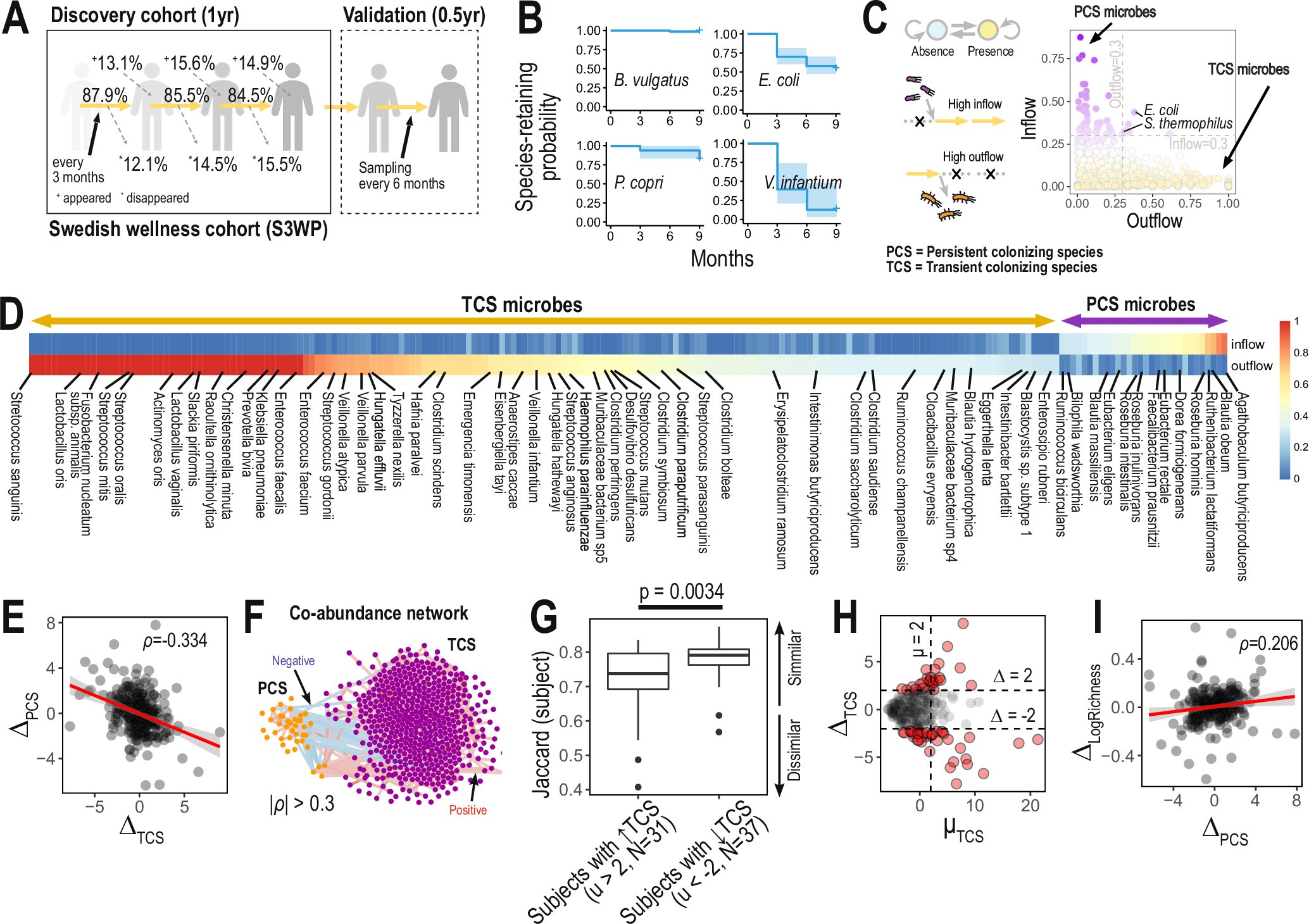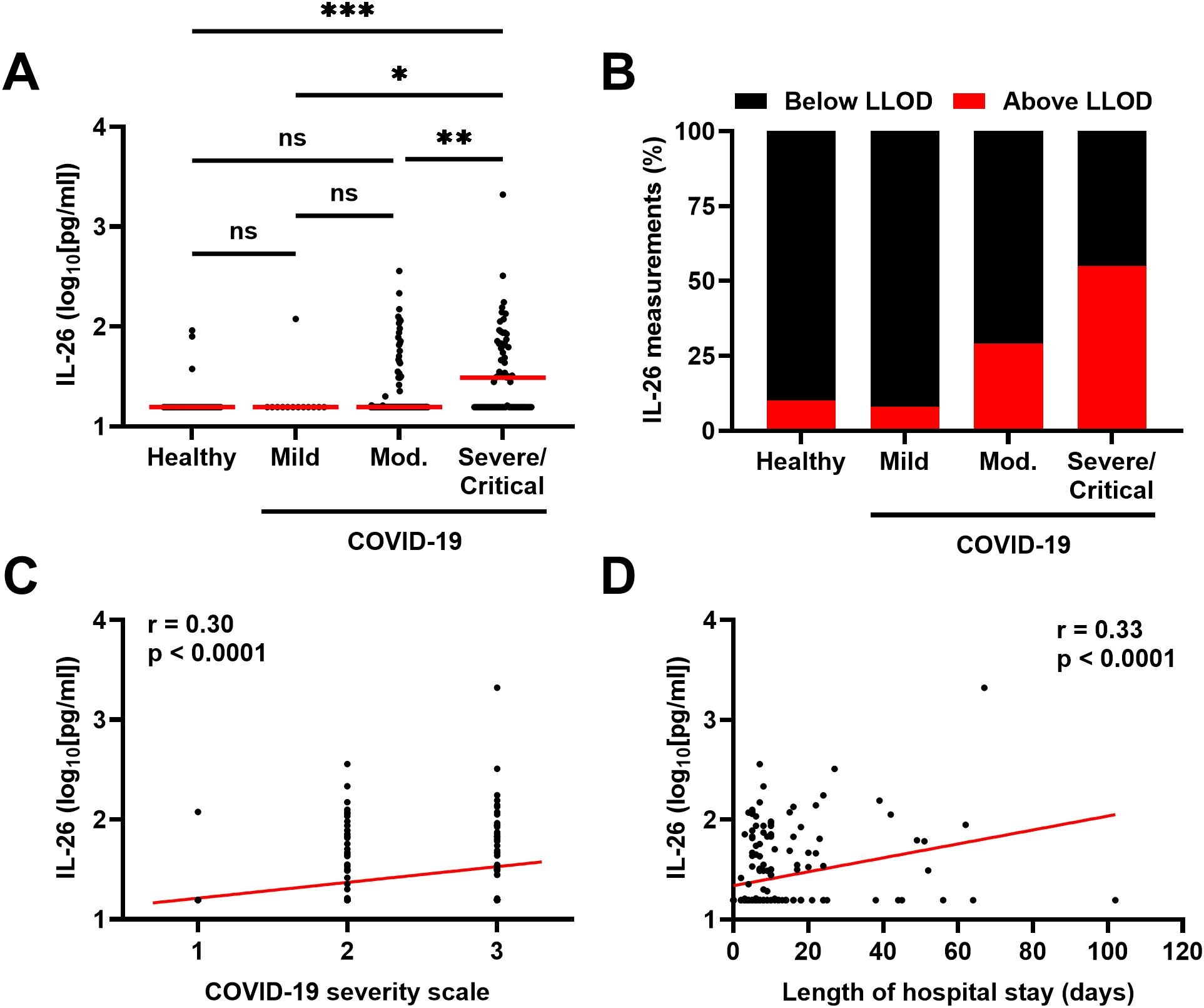
Scientists have identified two types of microbes in the gut using data from a year-long study of the same patients and suggest that labeling both helpful and harmful gut bacteria could make treatment easier.
The researchers from King’s College London found two broad categories of microbes using gut microbiome data from a year-long study of individuals: persistent colonizing species (PCS) that are representative of a healthy gut, and transient colonizing species (TCS) that destabilize the gut and are linked to diseases such as diabetes type-2 and colon cancer.
The new study published in npj Biofilms and Microbiomes suggests that the two kinds of microbes in the gut microbiome keep each other in check and that TCS, while natively low in humans, can be impacted by outside forces like diet and lifestyle and boom in abundance. This upsets the balance with the much more common PCS causing complications in the gut.
PCS microbes can grow when exposed to high levels of protein and fiber, while the potentially harmful TCS can grow well in response to sugar and xenobiotics (substances foreign to living systems like pesticides and food additives). Personalizing diet plans that feed PCS microbes and seek to suppress TCS, and nutrition guidelines could effectively empower the body to keep up good gut health and fight the development of diseases.
Dr. Shoaie, group leader in Systems Biology at King’s College London and the senior author of the study said, “The power of the gut microbiome and the dynamic pace of it in health and disease is well known. Our study shows that while the balance of these microbes can change over time, we can predict how these changes happen.
“Even bacteria that are usually found in low numbers can suddenly increase, while the beneficial ones might decrease. Although these shifts in the gut don’t always cause immediate symptoms, even a short period of imbalance can leave a lasting impact.
“This disruption can lead to harmful changes in the gut environment that may persist, potentially contributing to the development of various diseases over time.
“Moreover, we showed that transient bugs can rapidly grow under specific conditions and produce toxins. This finding suggests that understanding the proportion of these two types of species categories can help for a personalized diet plan. These two categories of microbes can act as potential markers to check the success of the dietary plan, which could be important for patients with chronic diseases such as diabetes.”
Dr. Sunjae Lee, the first author of the paper said “These new categorizations will change the way researchers understand disease and think of new ways to build effective treatments. By including these labels in a freely available Gut Microbiome Atlas that identifies gut bacteria appearing in individuals with 23 separate diseases across 19 countries, we can share this work with the world.”
Alongside the potential to help treat disease, the ability to target and grow the population of PCS in the gut could be used as a preventive measure, keeping the gut healthy and the levels of TCS and the chance of diseases associated with it low in healthy patients. Therefore, extracting the active molecules of PCS bacteria make it an effective way to restore gut health for use as a treatment.
More information:
Sunjae Lee et al, Transient colonizing microbes promote gut dysbiosis and functional impairment, npj Biofilms and Microbiomes (2024). DOI: 10.1038/s41522-024-00561-1
Citation:
‘Transient’ gut bacteria may affect health and guide diet choices (2024, September 20)
retrieved 21 September 2024
from https://medicalxpress.com/news/2024-09-transient-gut-bacteria-affect-health.html
This document is subject to copyright. Apart from any fair dealing for the purpose of private study or research, no
part may be reproduced without the written permission. The content is provided for information purposes only.


